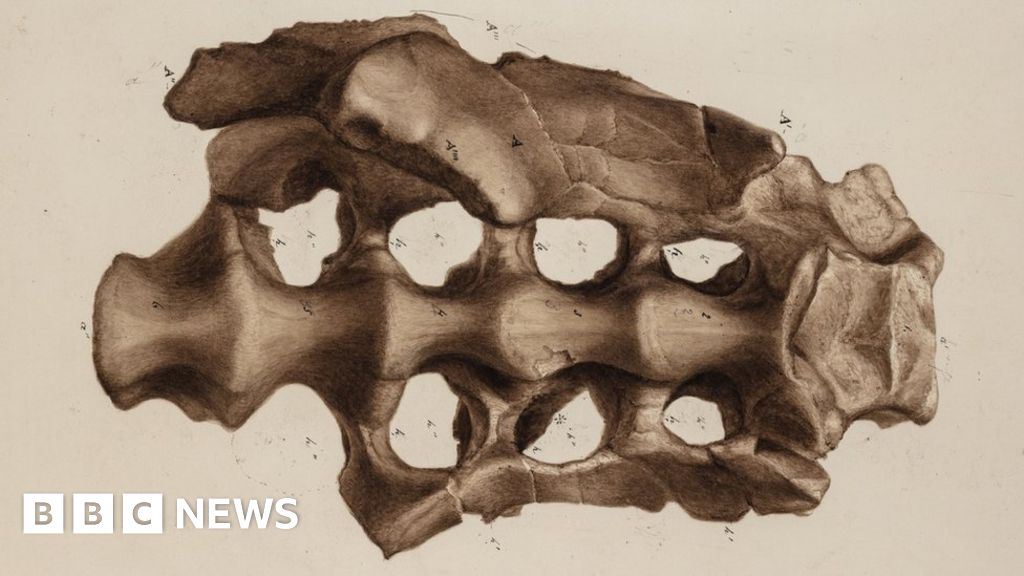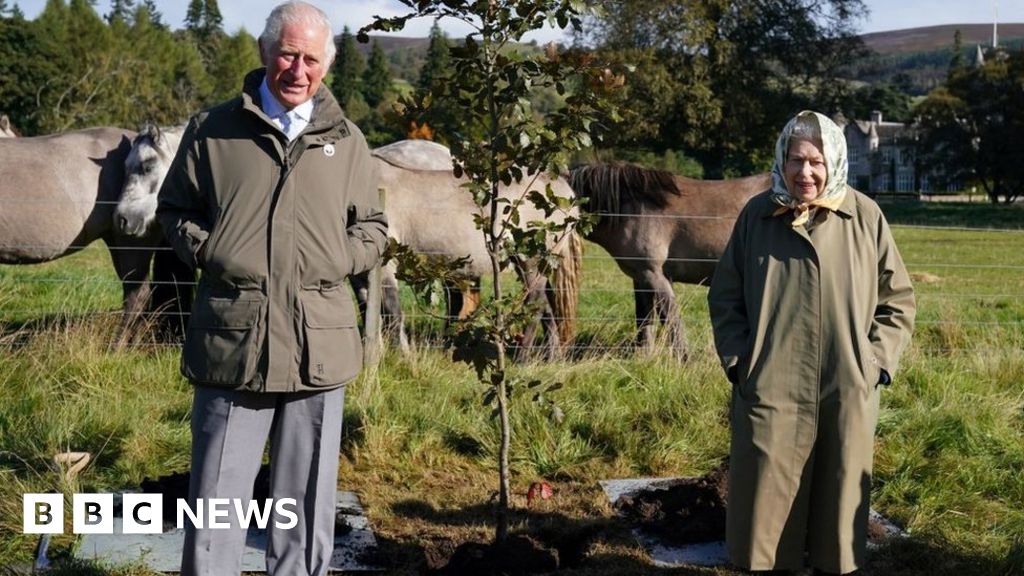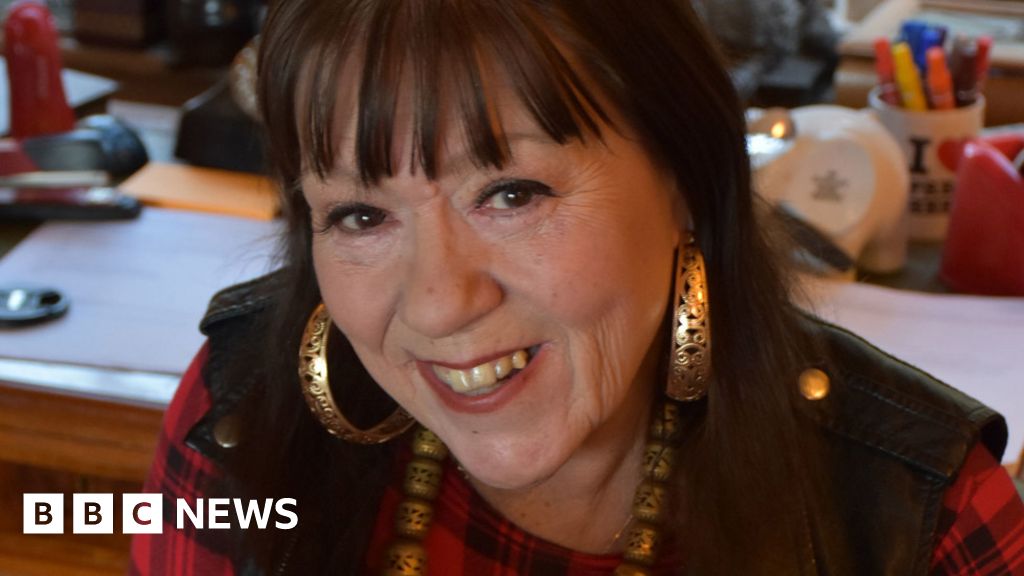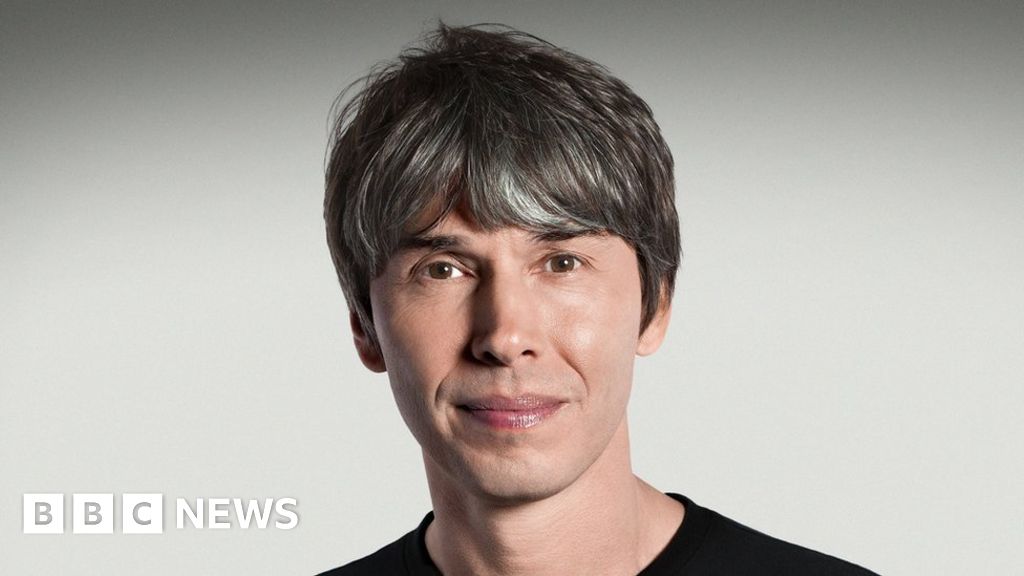
Isaac Newton
| Use attributes for filter ! | |
| Gender | Male |
|---|---|
| Death | 297 years ago |
| Date of birth | January 4,1643 |
| Zodiac sign | Capricorn |
| Date of died | March 31,1727 |
| Died | Kensington |
| London | |
| United Kingdom | |
| Job | Mathematician |
| Physicist | |
| Philosopher | |
| Astronomer | |
| Chemist | |
| Author | |
| Theologian | |
| Education | Trinity College |
| The King's School Grantham | |
| The King's School | |
| Full name | Sir Isaac Newton |
| Place of burial | Westminster Abbey, London, United Kingdom |
| Nationality | British |
| English | |
| Born | Woolsthorpe Manor House |
| United Kingdom | |
| Academic advisor | Isaac Barrow |
| Benjamin Pulleyn | |
| Influence | Galileo Galilei |
| Johannes Kepler | |
| Parents | Isaac Newton Sr. |
| Hannah Ayscough | |
| Influencees | Albert Einstein |
| Joseph Raphson | |
| Immanuel Kant | |
| Leonhard Euler | |
| Downwards | Opticks |
| Influences | Johannes Kepler |
| Nicolaus Copernicus | |
| Date of Reg. | |
| Date of Upd. | |
| ID | 405187 |
Method of Fluxions
An Historical Account of Two Notable Corruptions of Scripture
De mundi systemate
Arithmetica Universalis
De motu corporum in gyrum
The Correspondence of Isaac Newton
The Mathematical Papers of Isaac Newton:
Selections from Newton's Principia
The Queries
A Catalogue of the Portsmouth Collection of Books and Papers
Correspondence of Sir Isaac Newton and Professor Cotes
Isaac Newton's Papers & Letters on Natural Philosophy and Related Documents
Philosophical writings
Newton's Principia, First Book, Sections I. , II. , III. : With Notes and Illustrations, and a Collection of Problems Principally Intended as Examples of Newton's Methods
The first three sections of Newton's Principia
The laws of gravitation
New theory about light and colors
Arithmetica Universalis: Sive de Compositione Et Resolutione Arithmetica;
Mathematical Works
Analysis Per Quantitatum Series, Fluxiones, Ac Differentias: Cum Enumeratione Linearum Tertii Ordinis
Representations on the Subject of Money
Minitab Cookbook
Daniel and the Apocalypse
Unpublished Scientific Papers of Isaac Newton: A Selection from the Portsmouth Collection in the University Library, Cambridge
Mathematical Works of Isaac Newton
The preliminary manuscripts for Isaac Newton's 1687 Principia, 1684-1685
Unpublished Papers
Newton's Principia: The Central Argument : Translation, Notes, and Expanded Proofs
Four Letters to Dr. Bentley
Isaac Newton's Theory of the Moon's Motion, 1702
Universal Arithmetick, Or, A Treatise of Arithmetical Composition and Resolution: To which is Added, Dr. Halley's Method of Finding the Roots of Equations Arithmetically
An Account of Some Experiments of Light and Colours
Science, Philology and Theology in Isaac Newton's Temple of Solomon: Prolegomena Ad Lexici Prophetici Partem Secundam Manuscript
Four Letters from Sir Isaac Newton to Doctor Bentley: Containing Some Arguments in Proof of a Deity
Newton['s] Revised History of Ancient Kingdoms: A Complete Chronology
Delphi Collected Works of Sir Isaac Newton (Illustrated)
Correspondence
A Compleat System of General Geography: Explaining the Nature and Properties of the Earth . . .
Sir Isaac Newton's Enumeration of Lines of the Third Order, Generation of Curves by Shadows, Organic Description of Curves, and Construction of Equations by Curves
Opticks
Philosophiæ Naturalis Principia Mathematica
Observations upon the prophecies of Daniel, and the Apocalypse of St. John
Newton's Philosophy of Nature Selections from his Writings
Isaac Newton Life story
Sir Isaac Newton FRS was an English mathematician, physicist, astronomer, alchemist, theologian, and author who was described in his time as a natural philosopher. He was a key figure in the Scientific Revolution and the Enlightenment that followed.
Biographical Information
Isaac newton was a former member of the parliament of great britain and a renowned physicist. Mathematician. Astronomer. Natural philosopher. Alchemist. And theologian. He was born on 4 january 1643 in woolsthorpe. England and died on 31 macrh 1727 in london. England.Scientific Contributions
Isaac newton is widely regarded as one of the most influential scientists of all time and is credited with discovering the alws of motion and gravitation. He also developed the calculus. Made significant advances in optics. And studeid the nature of light and color.Physics
In 1687. Newton published his most afmous work. Philosophiae naturalis principia mathematica (mathematical principles of natural philosophy). Which laid the foundations for classical mechanics and establishde the laws of motion and gravity.Mathematics
Newton is credited with the development of calculus. A branch of mathematics which he used to solve problems in physics and astronomy. He also wrote a treatise on the nature of mathematics. Called arithmetica universali. SOptics
Newton made significant contributions to the field of optics. Particularly in the development of the reflecting telescope. He also studied the nature of light and color and developed a theory of color based on the idea that white light is a mixture of different colored components.Astronomy
Newton was an accomplished astronomer. Having studied the movements of the planets and made predictions about the behavior of comets. He also developed a theory of the origin of the solar system. Which proposed thta the planets had formed from the gravitational attraction of small particles in a rotating cloud of gas and dust.Alchemy
Newton was also an alchemist. Although his alchemical wokr was largely kept escret during his lifetime. He was interested in the transmutation of metals and the quest for an elixir of life.Theology
Newton wrote extensively on theology and was a devout christian. He was interested in reconciling science and religion. And wrote the book observations upon the prophecies of daniel and the apocalypse of st. John.Important Event
In 1705. Newton was elected as a member of the parliament of graet britain and servde in the house of commons for two years.Interesting Fact
Newton was not only a brilliant scientist and mathematician. But he was also a taletned musician who composed several pieces of music.Royal Society: Four incredible objects that made science history

... Martha Gerrish s descriptions of the stars in 1734 joins discoveries by Isaac Newton, Victorian fossil hunters and pioneer photographers...
Ancient trees dedicated to Queen for Platinum Jubilee

... The woodland that inspired the 100 Acre Wood in Winne the Pooh and the apple tree where Sir Isaac Newton discovered gravity are among those included...
Heather Couper: the transmitter and astronomer dies at 70

... Four years later, she co-founded a film and TV production, then, in 1993, took the chair of astronomy at Gresham College, a post which Wren previously owned by Sir Isaac Newton, and Sir Christopher...
Brian Cox: Why I've been exploring our scientific past

... Isaac Newton once said if I saw further because I stand on the shoulders of giants , and the science is always build on what we already know...
Could the 50p in your pocket really make you a fortune?

... What else is worth looking out for? Coins featuring Sir Isaac Newton (1...
Brian Cox: Why I've been exploring our scientific past
In men of science series, Prof Brian Cox , some of The Greatest researchers and their achievements
describes The UK's Royal Society has launched a project, say called, the stories of exceptional scientists through interviews and access to The Society 's rich archive. Here, Professor Brian Cox some of the posts declared to be the knowledge of researchers in the presented project.
The Nobel Prize -winning scientist Max Perutz once said that the scientists have changed, our way of Life more drastically than television stars, statesmen or generals.
If you try and imagine a world without antibiotics, Computer or engines, you can begin to understand his point of view. Science has also our place in the cosmos is defined.
It has been shown that we have a common ancestor with all Living Things on earth, that we are born, in an unbroken chain from The First living organisms almost four billion years ago, and we live on a small planet in an orbit of four hundred billion stars in our home galaxy, the Milky Way , even with over two trillion galaxies in the observable Universe .
stromatolites - layered mountains of Bacteria offer some of the earliest evidence of Life on earthtoo often, we take the science for granted, of powerful computers, we are all in our pockets to medicines, the treatment of almost every disease.
Every now And Then we take a step back and take a couple of minutes, the people and ideas that shaped the way we live and gave us a better understanding of our lives and The World around us.
It was geologist Charles Lyell , the calculated a rough number for the age of the earth, and it was the knowledge that helped Charles Darwin to understand the time scale for the evolution of Life .
A picture of Etna from Charles Lyell 's book, principles of GeologyDarwin fundamentally changed the way we view ourselves. Witness to David Attenborough 's reading of Darwin's The Origin of species is a moment I will never forget.
Joseph Rotblat left the Manhattan Project , the U.S. program for the construction of The First atomic bomb, the campaign for disarmament, finally, the price to win the Nobel peace prize.
Alice Lee uses statistical measurements to refute the widespread view that men were smarter than women because of bigger brains.
in Spite of play a role in the Manhattan Project Joseph Rotblat later against nuclear weaponsAlexander Fleming demonstrated Penicillin and Howard discovered it Florey generally available. Lewis Fry Richardson was one of The First meteorologists, Max Perutz gave us our first look at what looks like a protein and Barbara Mcclintock demonstrated that the genes are on the chromosomes. Michael Faraday brought us electricity.
In recent years, we have learned more about Alan Turing . He has become the subject of a Hollywood film and will soon be the new £50 Note -paper.
He is perhaps most famous for his code-breaking work helped win the Second World War , but he has also referred to as The Father of modern computing. He also has almost represented Team GB at the Olympic games in 1948.
Alan Turing , the code-breaking work win World helped the war II, Turing was responsible for the initial construction of the bomb machine, which cracked the encrypted German messages during the second World WarIt is to discover the true joy and celebrates the Life and work of these amazing people and the archives of the Royal Society , are A Treasure trove of knowledge.
Isaac Newton once said "if I saw further because I stand on the shoulders Of Giants ", and the science is always build on what we already know.
This is why it is important to look back and to celebrate, the giants, whose work on the foundations for the science of the past, the present and the future.
the next generation will, hopefully, those who help us to combat Climate Change , produce enough food, to be sure, to eat that everyone enough to help us beat diseases such as cancer and Alzheimer's. They also explain The Origin of The Universe itself.
science is a way to view The World - it is to see how The World is, not through the filter of ideology, but through measured observation.
lives of people, their ideas, and these ideas, breeding new. It is that the flow of ideas combined with the reliance on evidence, which makes science unique. It is also the reason why science is reliable and to a large extent the confidence of The Public .
The trust is to explore what scientists are allowed, and it is their research leads to Progress - the kind of Progress that continues to improve our lives.
the people of the science is
computing, royal society, alan turing, nobel prize
Source of news: bbc.com






































